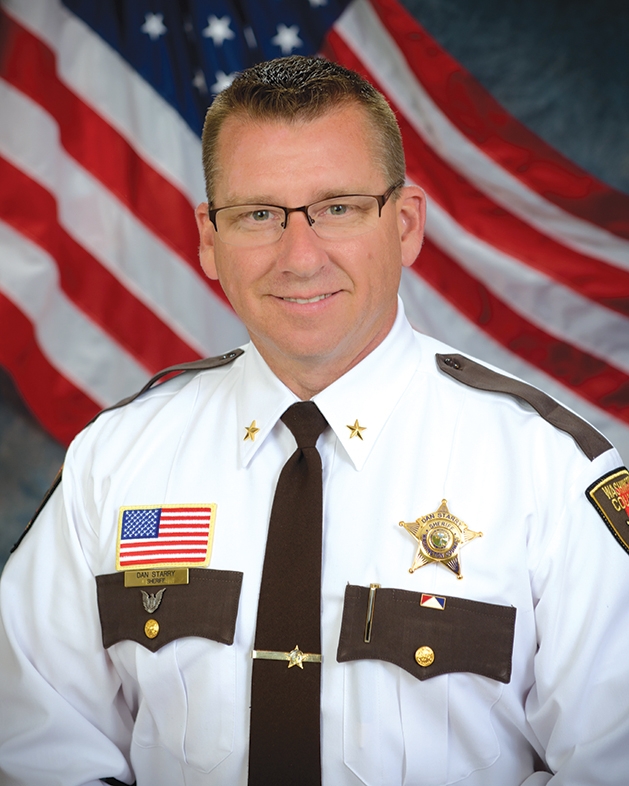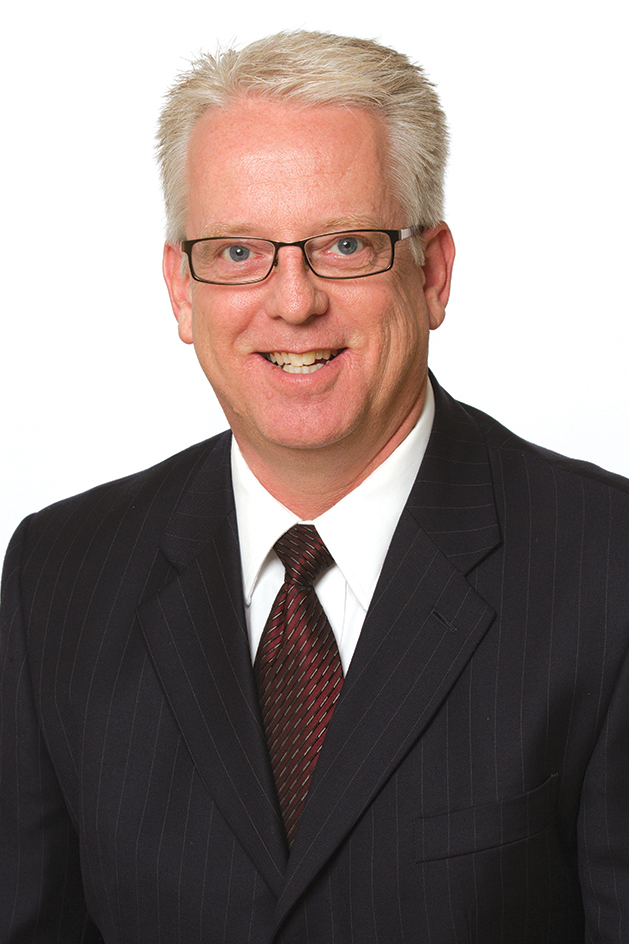
Executive director Jessica Ryan says the broad mission of the United Way of Washington County-East (UWWCE) provides the organization a lot of flexibility to leverage, prioritize and direct funding toward the community’s most urgent needs in times of trouble. The pandemic has magnified the needs of many Washington County residents. Some community members have struggled with food insecurity, housing hardships, mental health crises and other calamities. Through it all, UWWCE remains a vital resource for helping to improve people’s lives.
Washington County sheriff Dan Starry got connected with UWWCE over eight years ago. Starry says he was drawn to the organization because, “in law enforcement, we come across the same needs and the same people and it is always our desire to help people ... It’s a passion.” Starry notes there are many local partnering agencies that receive funding from UWWCE.
“We [UWWCE] also partnered with Valley Outreach for food distribution,” Starry says, “The amount of people that come in, there are lines of cars, so we know the need is there and it’s a sense of pride that we can assist. I get to see firsthand how UWWCE assistance in this area works, and the money stays here locally and helps our people who need assistance, maybe for a short period of time, like during the pandemic, or maybe as a road to recovery to make their life better.”

Lowell Johnson is director for Washington County Department of Public Health and Environment and is also a UWWCE board member. Johnson says, “We’ve learned throughout COVID that those who are most at risk in any community are also the most vulnerable when a crisis occurs. Some of us have supports and resiliencies while others have none of those supports.”
That means that during a crisis there can be a disproportional negative impact on people of color, the disabled and low-income families. These community members may not be able to work from home and may work in low-wage jobs, sometimes 2-3 jobs, that they might lose it if they don’t show up. Telling folks to distance themselves from others might not be useful advice for families with grandparents and children all living together without the luxury of distance. People in the mainstream may think, ‘just do these things and you should be fine,’ … except easy access to vaccinations, transportation, even to the internet, are disparities that exist even in an otherwise well-resourced community.
The dedicated team at UWWCE is made up of a variety of private and non-profit community stakeholders who help direct resources to local service providers that already exist. Johnson says, “[UWWCE] has started measuring services with a results-based accountability scorecard that uses a number of metrics from my department regarding community groups that we serve … so we can measure how are we're doing on important issues like reducing homelessness or cutting down on the number of adolescents who consider suicide or have mental health issues.” These types of important, measurable goals can help UWWCE determine which organizations are best suited to meet specific needs.
And since local residents likely care about many issues and can become overwhelmed by how to help, Johnson notes that pledges to UWWCE are split among a variety of agencies in the community through a well thought out plan. This means donors can trust that their dollars remain in the community and are put to the best use.






